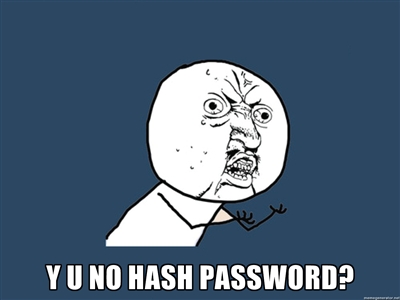I suggest that we should start hashing users' passwords in the browser before they are shipped off to the server. The reason is to prevent leakage (e.g. in logs) and because users reuse passwords.
Why hash in the first place?

We do it to reduce the chance that passwords get stolen at rest. The classic example is a database leak. Other possibilities are unfaithful sysadmin or anyone else who might have access to the hashes.
Is MD5 or sha512 good enough?
No. Primitive hashing functions are too fast to compute and is not suitable for secure password storage. Because when they are so fast to compute, GPUs can brute force them very fast.
The reason MD5 and sha512 should not be used is because they are too fast to compute. The collision resistance of a hash function have zero impact on secure password storage. MD5 should not be used because it is too fast to compute. The collision resistance of MD5 is broken, but its pre-image resistance is not. Pre-image-resistance is the useful property when storing passwords.
The correct way
bcrypt/scrypt/PBKDF22. These algorithms ensure each password guess is slow.
Hash in browser
The server do not really need to know the plaintext password. Here are two possibilities passwords can be stolen on server:
1. The password is accidentally logged to storage medium in plaintext and later stolen
2. An attacker have temporarily access to box and harvests passwords
by sniffing the network interface.By having a browser hash a password before transit with PBKDF2 eliminates these two possibilities. Chance of password theft is lowered and security is increased. So why are so few websites applying this practice?
Some problems
I realize that the produced hash actually becomes the password. An attacker can use this hash to authenticate. I also realize that in practice the entire database becomes a list of plaintext passwords.
To remedy this, the hash could possinbly be hashed again on the server side. Also on each login the server must pass the salt to the browser so it can correctly compute the PBKDF2.